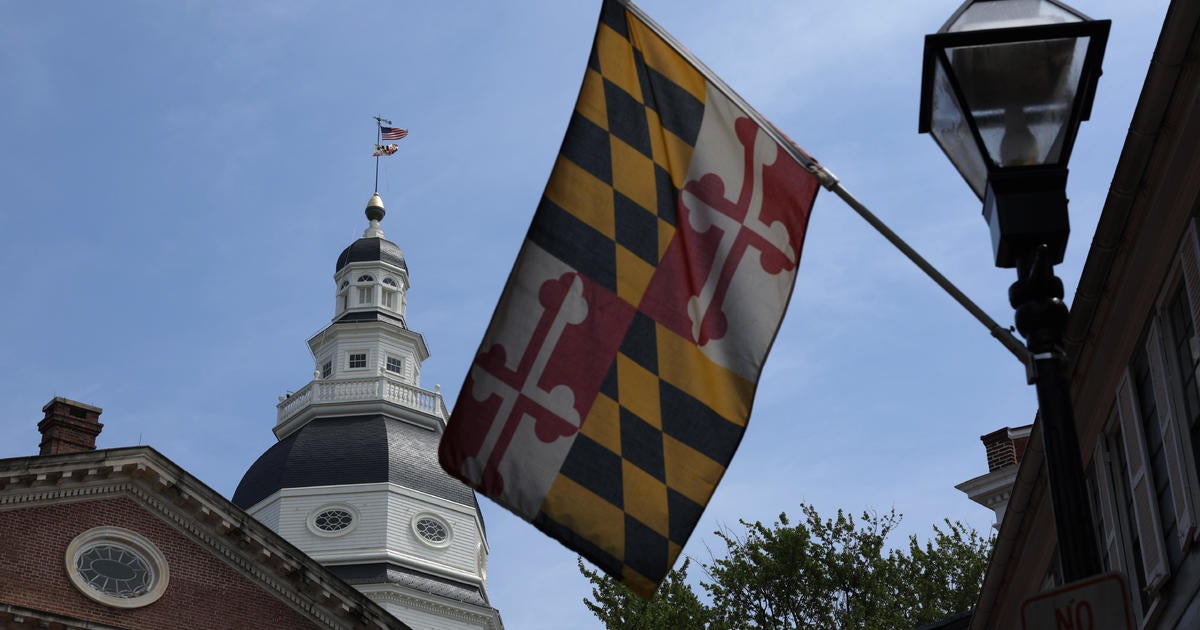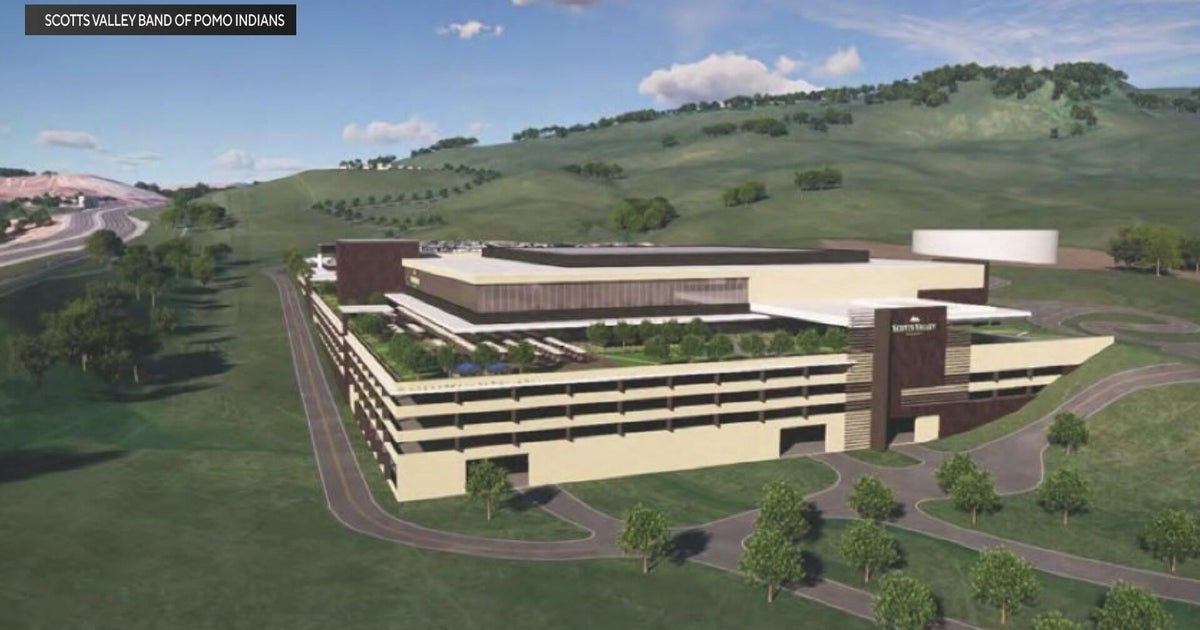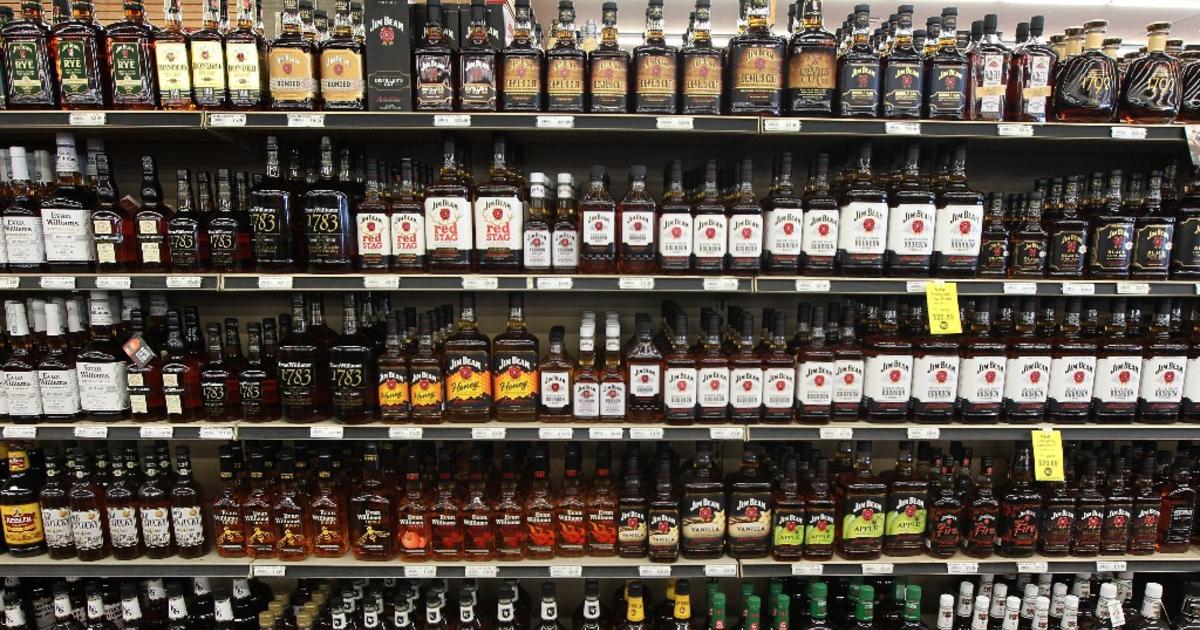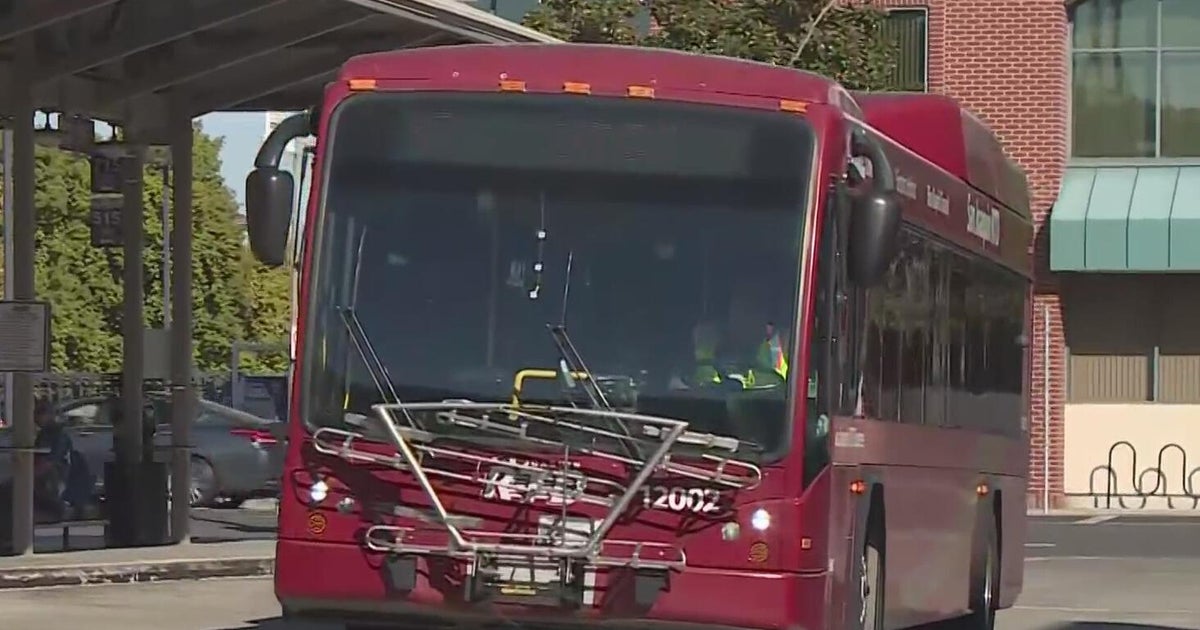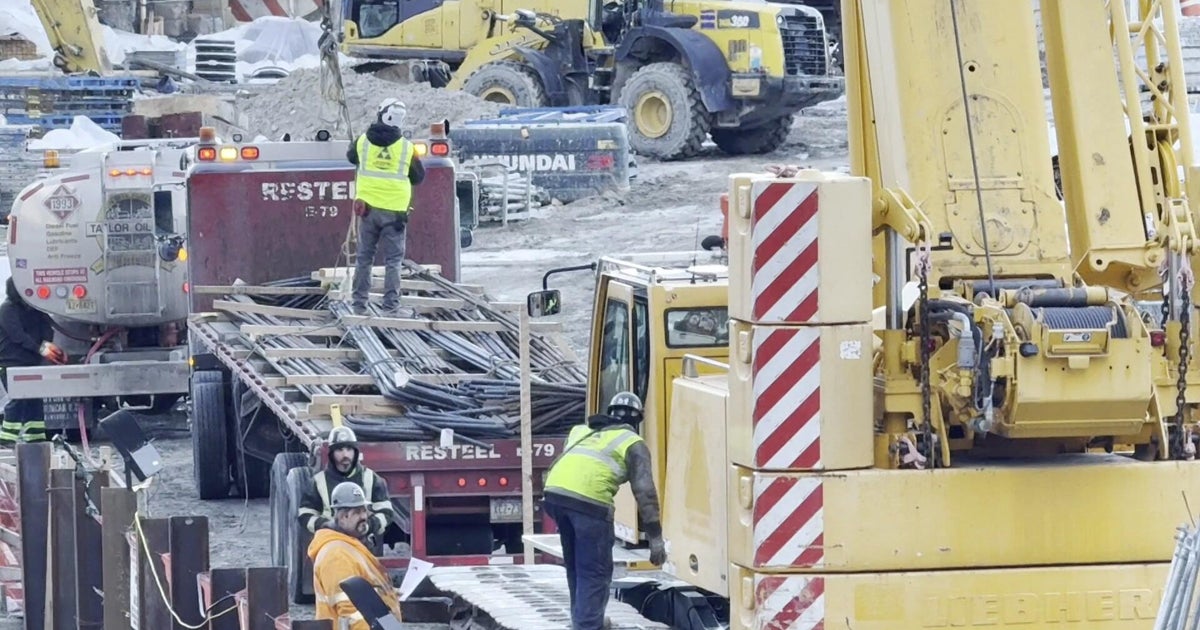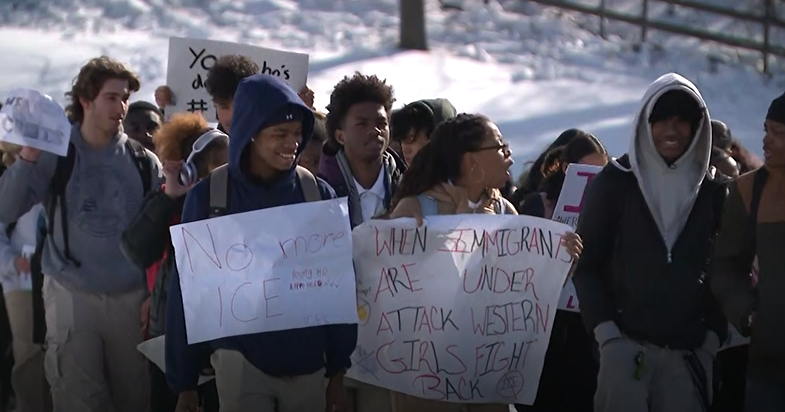Panel Files Final Version Of Mass. Casino Bill
BOSTON (AP) — A bill that would license up to three resort-style casinos and a single slots parlor in Massachusetts could be debated and voted on by Massachusetts lawmakers as early as Tuesday.
The decision to move quickly on the debate comes after a six-member conference committee charged with merging separate House and Senate versions of the bill filed their compromise measure late Monday.
Filing the legislation was a critical hurdle needed to help guarantee that a final bill could reach Gov. Deval Patrick's desk before lawmakers end their formal sessions for the year on Wednesday.
Patrick supports casino gambling and has said he could live with a single slots parlor despite his belief that slot parlors would diminish the value of casinos.
The conference committee had to iron out several differences between the two versions of the bill.
The compromise version drops an amendment tacked on to the Senate bill that could have eased restrictions on happy hours in Massachusetts by giving all of the state's bars and restaurants the same ability as casinos to offer free or discounted drinks.
The bill allows casinos to offer free drinks on the gaming floor.
The compromise bill also requires the state's Alcoholic Beverage Control Commission to study all the state's alcohol laws and report back to lawmakers.
Critics had argued that easing happy hour restrictions could lead to more drunken driving accidents and deaths, while backers said it was offered in the interest of fairness to bars and restaurant that are prohibited from offering free or discounted drinks.
The final bill includes another Senate amendment that would bar state, county and local officials, including state lawmakers, from working in the casino industry for at least one year after leaving office if those officials were involved with voting on or regulating casinos.
Supporters of the amendment say it's needed to avoid the appearance of a conflict of interest — particularly in light of a series of recent public corruption scandals at the Statehouse.
Critics, including some lawmakers, said the measure unfairly ties their hands while stoking the public's perception of the untrustworthiness of public officials.
Another amendment in the final version of the bill would give the veto power over casinos to the individual ward where the casino would be located in cities with a population of over 125,000. Cities could decide to opt out of that and hold a city-wide referendum.
The amendment would currently only apply to Boston, Springfield and Worcester.
Both House and Senate bills require that nearly a quarter of the revenues from casino licensing fees go to help rein in soaring health care costs, including encouraging the adoption of electronic medical records.
Supporters of casino gambling have predicted it will create as many as 15,000 jobs in Massachusetts, including 6,000 temporary construction jobs, and generate at least $300 million in new annual revenue for the state and its cities and towns.
Backers also say Massachusetts residents who typically travel to casinos in neighboring Connecticut or other states would be more likely to stay in Massachusetts and go to casinos there.
An anti-casino group led by former state Attorney General Scott Harshbarger has blasted the job creation estimates as "wildly optimistic" and called the revenue projections outdated because they were based on pre-recession data.
Opponents also say that casinos will add to the state's social ills, including gambling addiction, crime and divorce.
A casino bill died in the final days of last year's legislative session after Patrick objected to the inclusion of two slots parlors designated for Massachusetts racetracks.
The broad provisions of the current bill were negotiated largely behind closed doors by Patrick, Senate President Therese Murray and House Speaker Robert DeLeo — all Democrats — before each branch tackled the measure on their own.
The legalization of expanded gambling in Massachusetts is expected to set off a scramble for the licensing rights for each of the three casinos, whose exact locations have not yet been determined.
Casino backers unleashed a flood of lobbying in the months leading up to the debate.
An Associated Press review of records filed with the secretary of state's office found gambling interests spent $1.35 million in the first six months of the year lobbying Beacon Hill lawmakers.
That money came from casino development firms, manufacturers of slot machines and federally-recognized Indian tribes.
Copyright 2011 The Associated Press.
